La Maison Xun by LDH Design — A Treasure in a Beijing Courtyard
A Courtyard Rooted in Memory and Tradition
Located in Bailuquan Hutong in Beijing, La Maison Xun is both a restaurant and a cultural statement. Created by Liu Dehua, the project aims to preserve the eternal beauty of historic courtyards while filling them with modern art and design.
Unlike many contemporary high-end restaurants, La Maison Xun values the simplicity and elegance of Hutong life, offering a dining experience that feels deeply nostalgic yet refreshingly modern. The design draws inspiration from the legacy of inclusiveness and sustainability in Beijing, respectfully reflecting the spirit of the place while adapting to modern life.
Entering the Courtyard
Guests pass through a red wooden door into a world of gray-tiled roofs, wooden eaves, black walls, and ancient trees. This sequence of entry evokes the charm of old Beijing, instilling a sense of calm and history before the dining process begins. Every element—from bricks to tiles—reads like a poetic line, a cultural reminder of a Beijing that fades from memory.
Liu Dehua describes the project not as luxury, but as a landscape restoring authenticity: a deliberate retreat from excessive ornamentation that returns the building to its structure and reveals its historical traces.
Balance Between Old and New
La Maison Xun embodies the fusion of tradition and modernity, a theme resonating throughout the architectural space. Symmetrical compositions reflect classical Chinese philosophy of harmony between humanity and nature, while interiors incorporate modern art and furniture, giving the courtyard a new voice.
Works by Derek Chen Maxmarko, the Chendarui series, and paintings by Zhang Zhanzhan enrich the space, blending contemporary craftsmanship with historical context. This integration of original artworks makes the environment alive, relevant, and future-oriented.
Eastern Artistic Concept
The design philosophy resists sharp contrasts between past and present. Instead, Liu Dehua seeks a delicate balance, echoing Kerry Hill’s belief that harmony surpasses opposition. Preserving the essence of courtyard typology—its scale, proportions, and connection to nature—the project creates a place where modern aesthetics and traditional values coexist harmoniously.
The result is a dining space where guests can savor Beijing cuisine amid cultural memory: the silence of ancient courtyards, modern design artistry, and the balance of Eastern philosophy.
Cultural Continuity in a Modern City
In rapidly modernizing Beijing, where steel towers and glass facades dominate the skyline, La Maison Xun offers a necessary contrast. It is more than just a restaurant—it's a cultural preservation project ensuring the memory of Hutong courtyards endures.
By combining history, art, and gastronomy, La Maison Xun demonstrates how design can restore continuity between ancient traditions and modern life, creating a model for contemporary Chinese architecture that honors heritage while embracing change.
Need a renovation specialist?
Find verified professionals for any repair or construction job. Post your request and get offers from local experts.
You may also like
More articles:
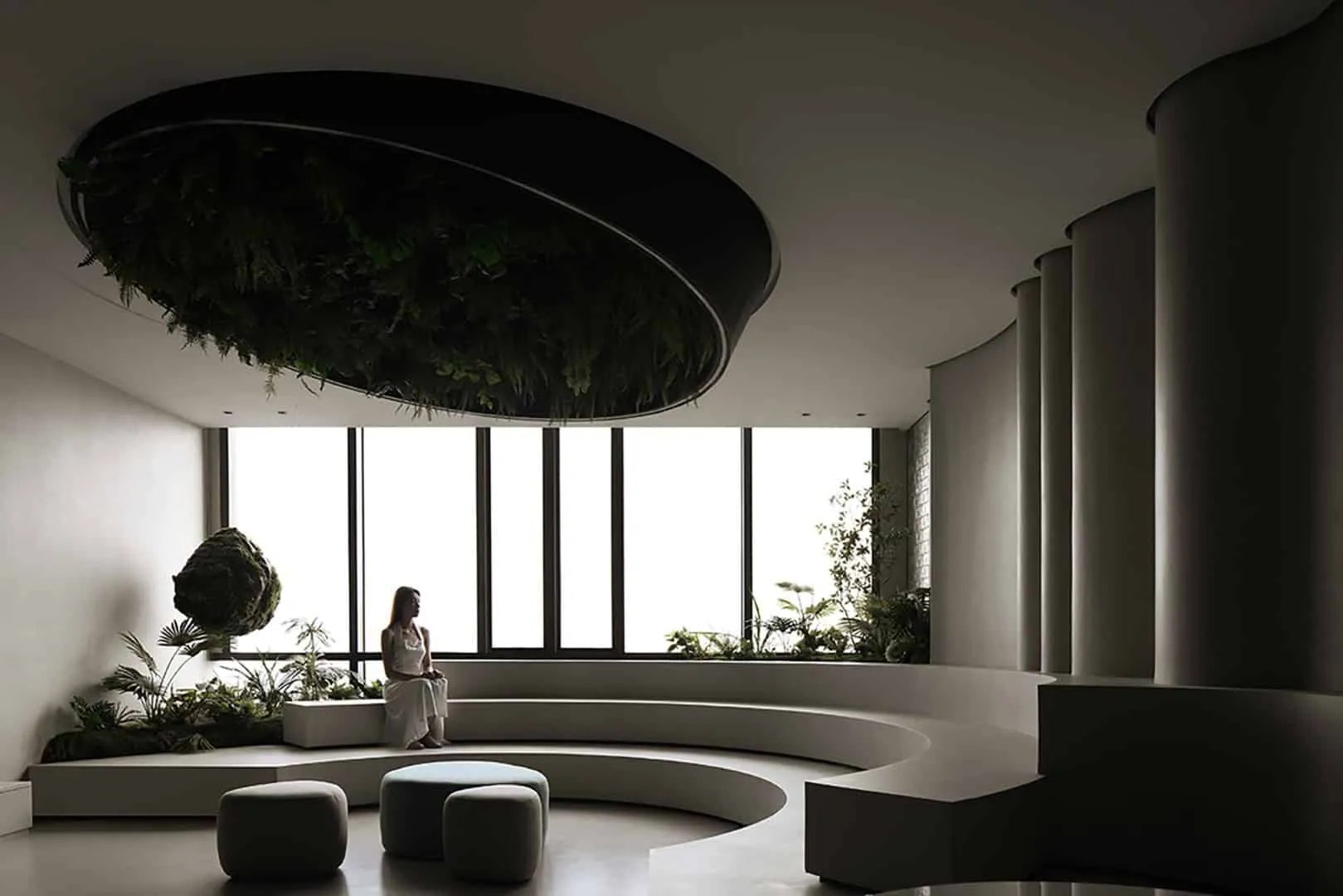 Kabel China Headquarters by Topway Space Design: A Poetic Brand World of Color and Technology
Kabel China Headquarters by Topway Space Design: A Poetic Brand World of Color and Technology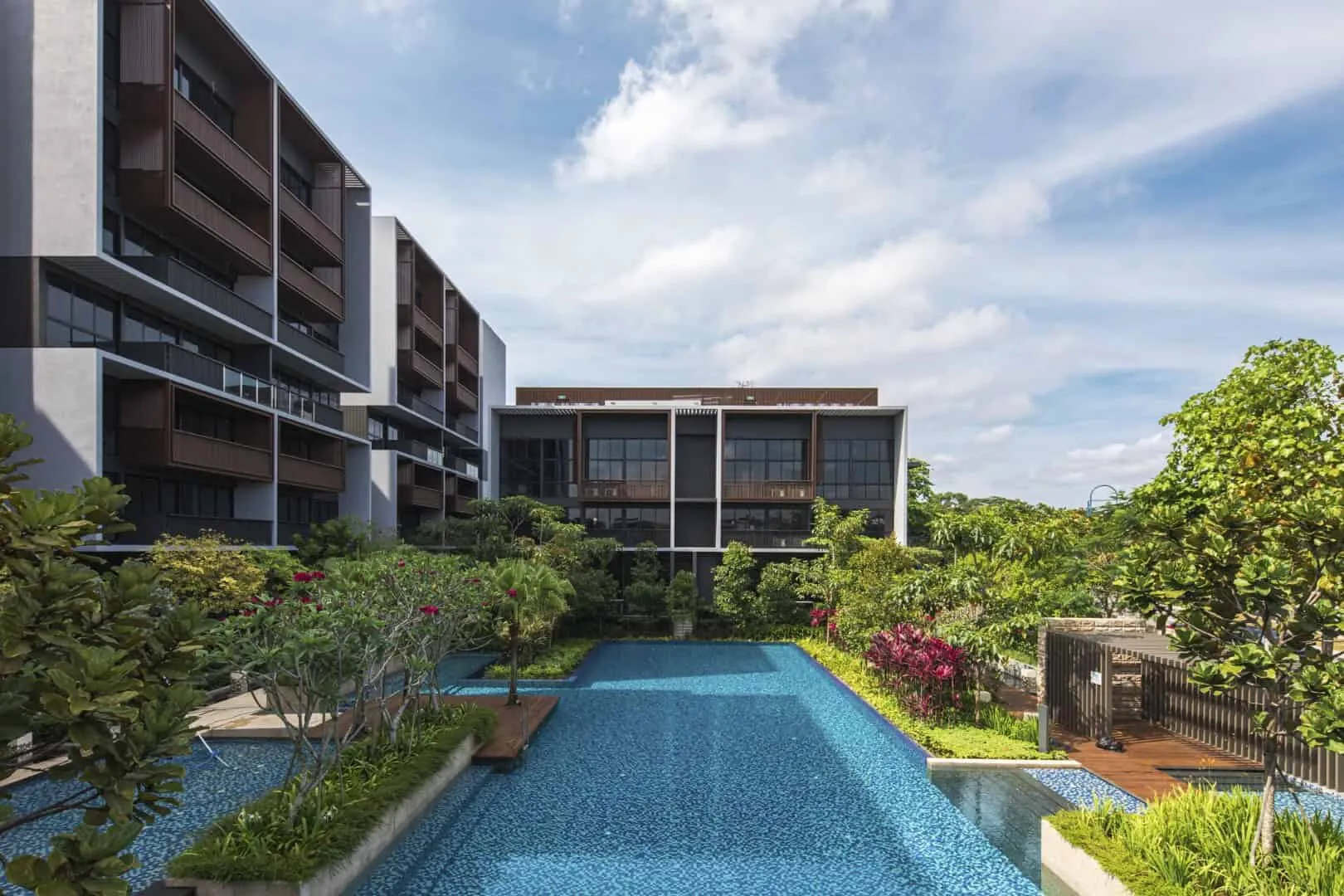 Kandis Residences by ONG&ONG in Singapore
Kandis Residences by ONG&ONG in Singapore Clear Out the Garage with These 6 Organization Tips
Clear Out the Garage with These 6 Organization Tips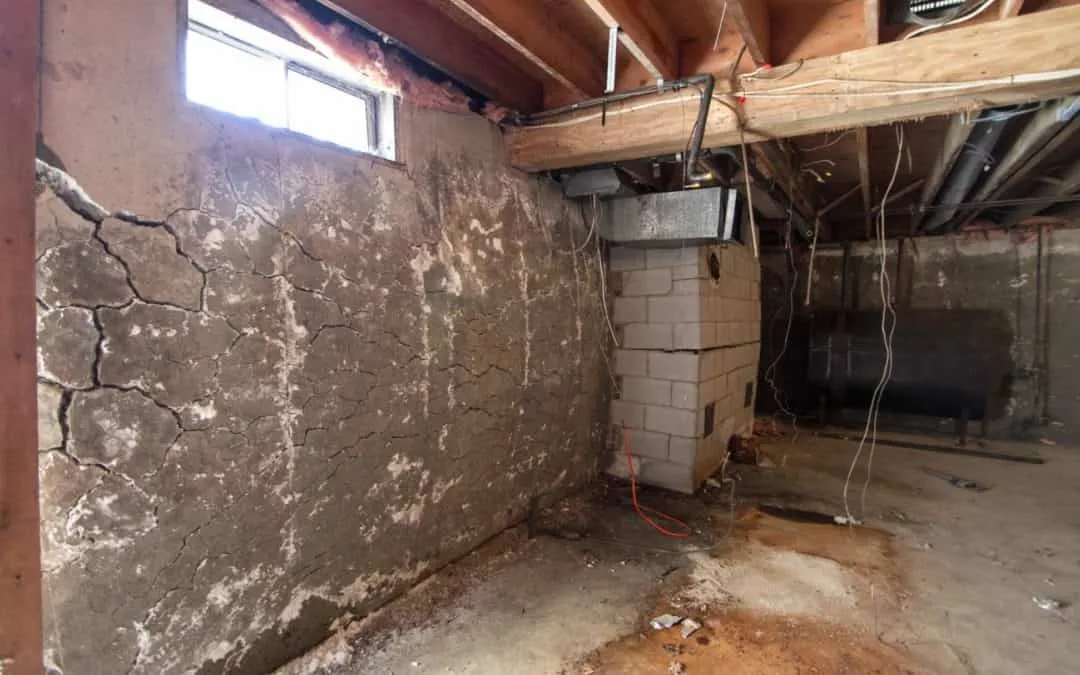 Save Yourself from Major Problems with Foundation Repair in Baltimore
Save Yourself from Major Problems with Foundation Repair in Baltimore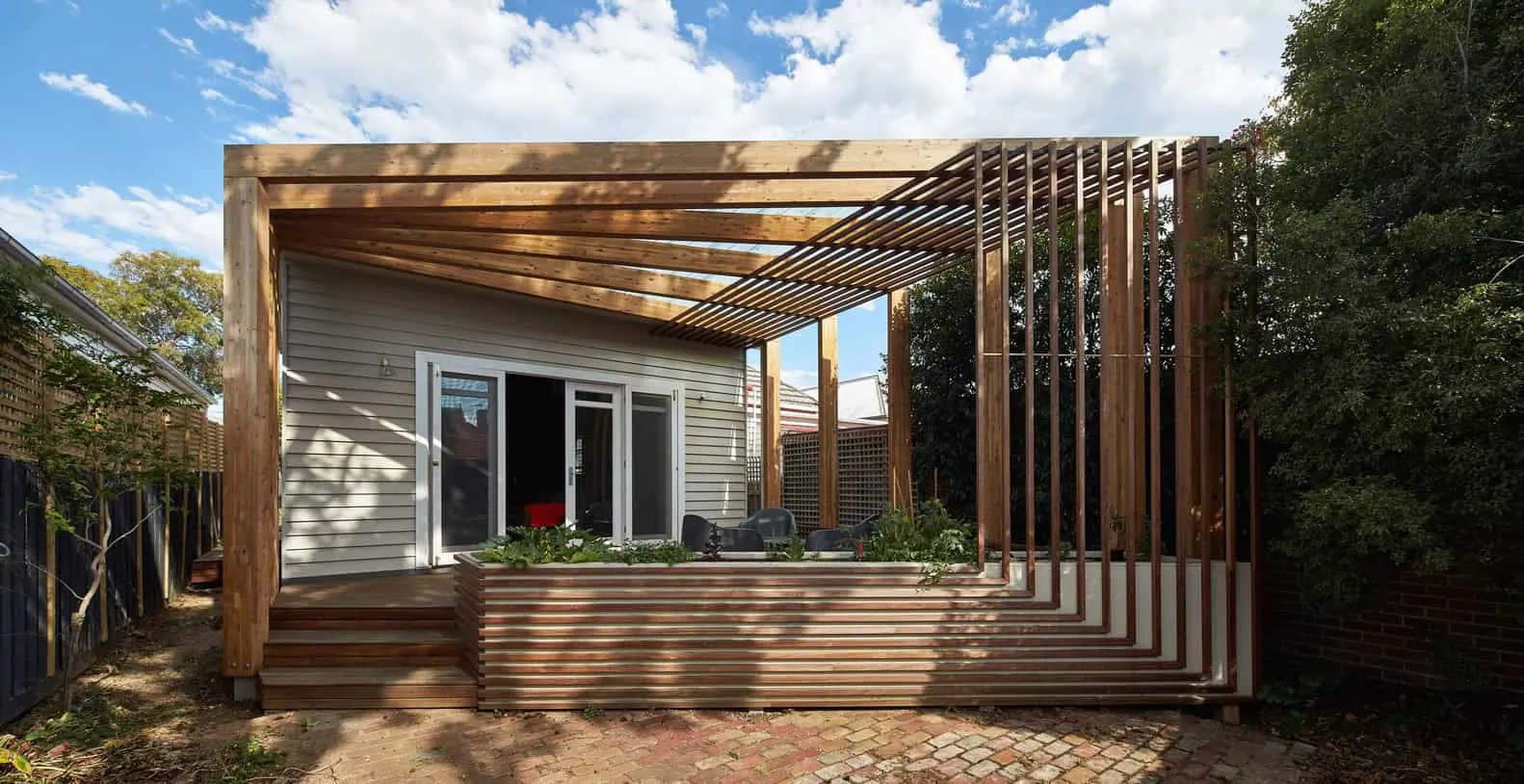 Kelvin House by FMD Architects in Melbourne, Australia
Kelvin House by FMD Architects in Melbourne, Australia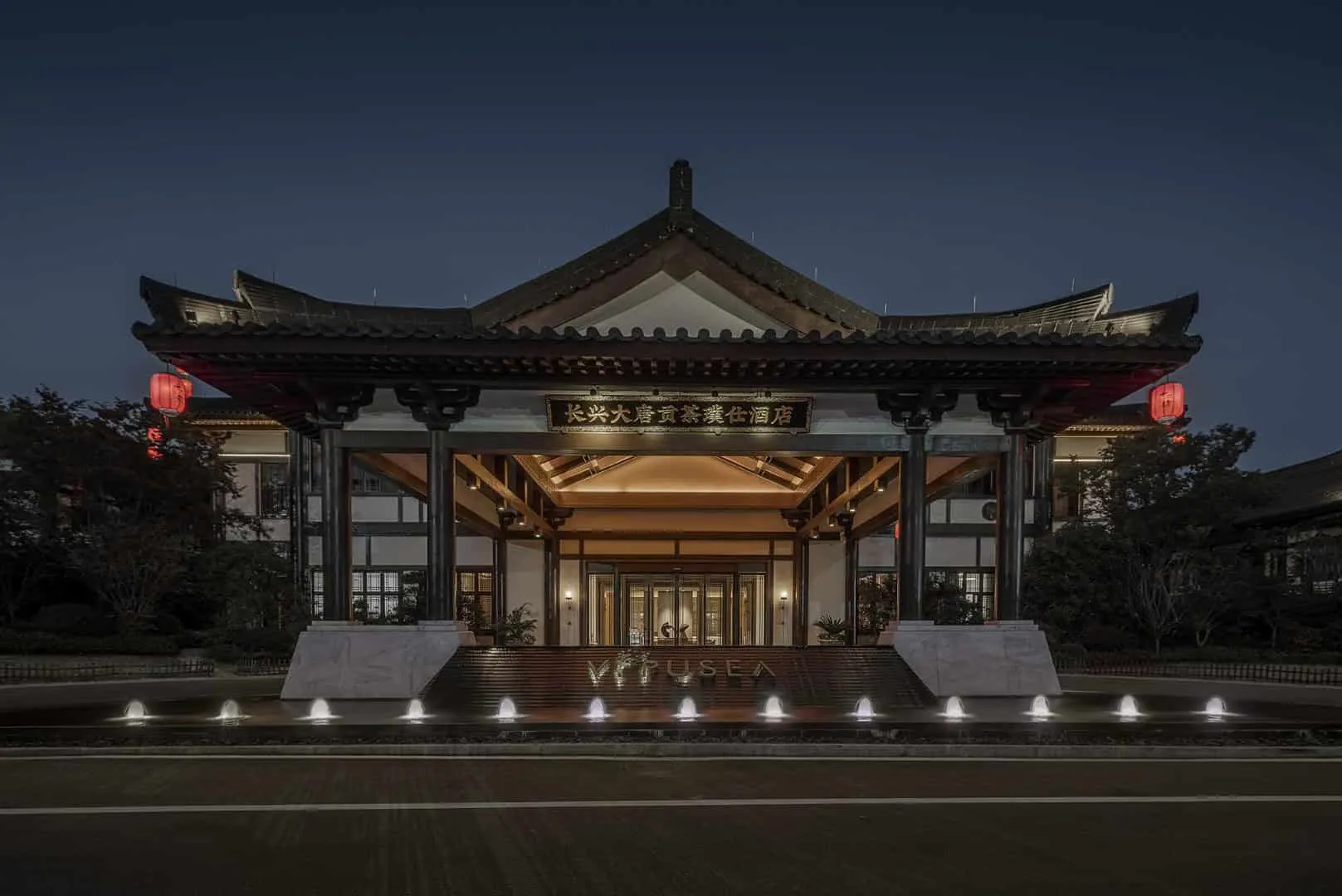 Kenna Design: Datang Gong Cha Vipusea Hotel, Modern Tang Style Transformation
Kenna Design: Datang Gong Cha Vipusea Hotel, Modern Tang Style Transformation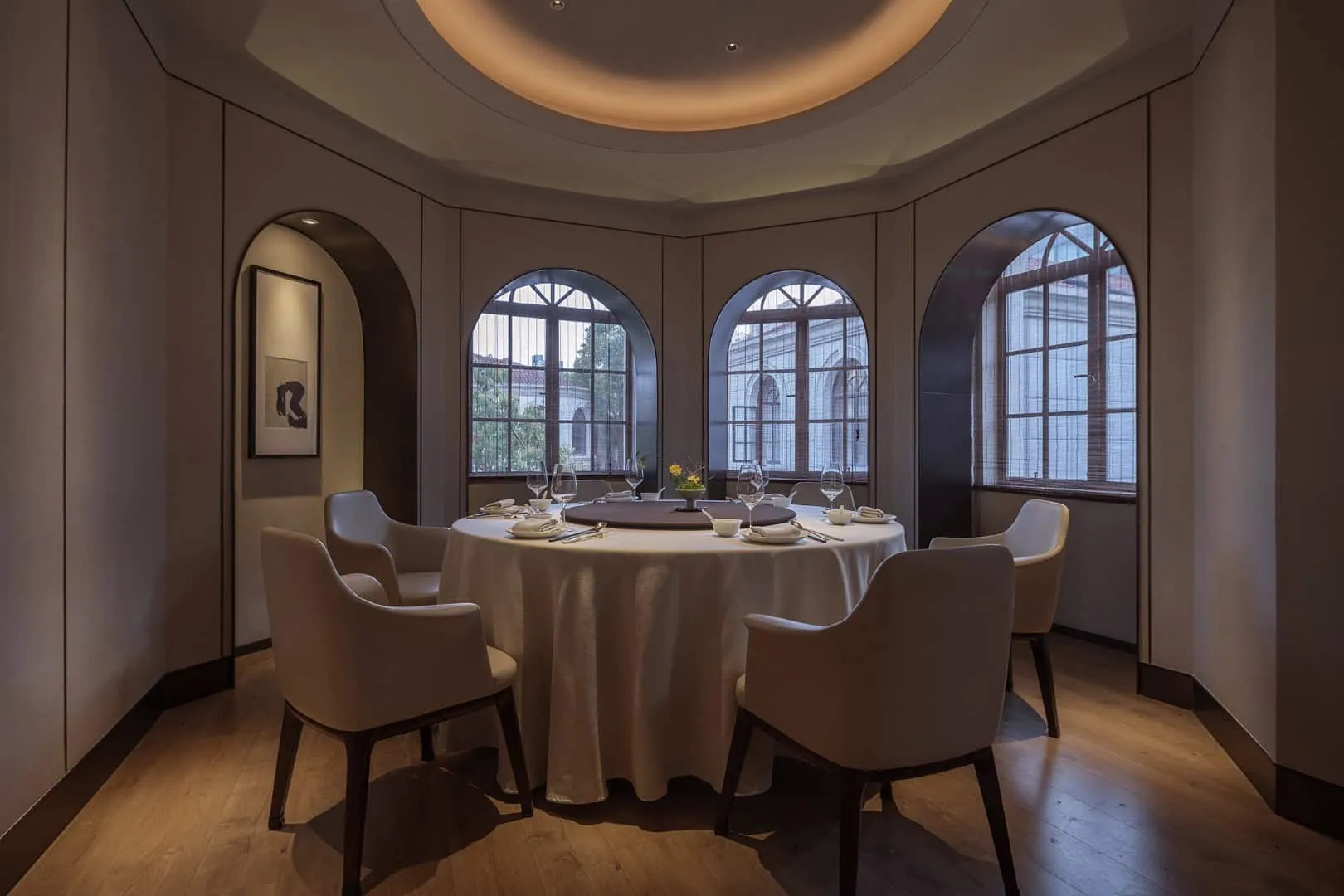 Kenna Design: Michelin Award Winner with Artistic Style of the Song Dynasty Featuring Tea and Wine
Kenna Design: Michelin Award Winner with Artistic Style of the Song Dynasty Featuring Tea and Wine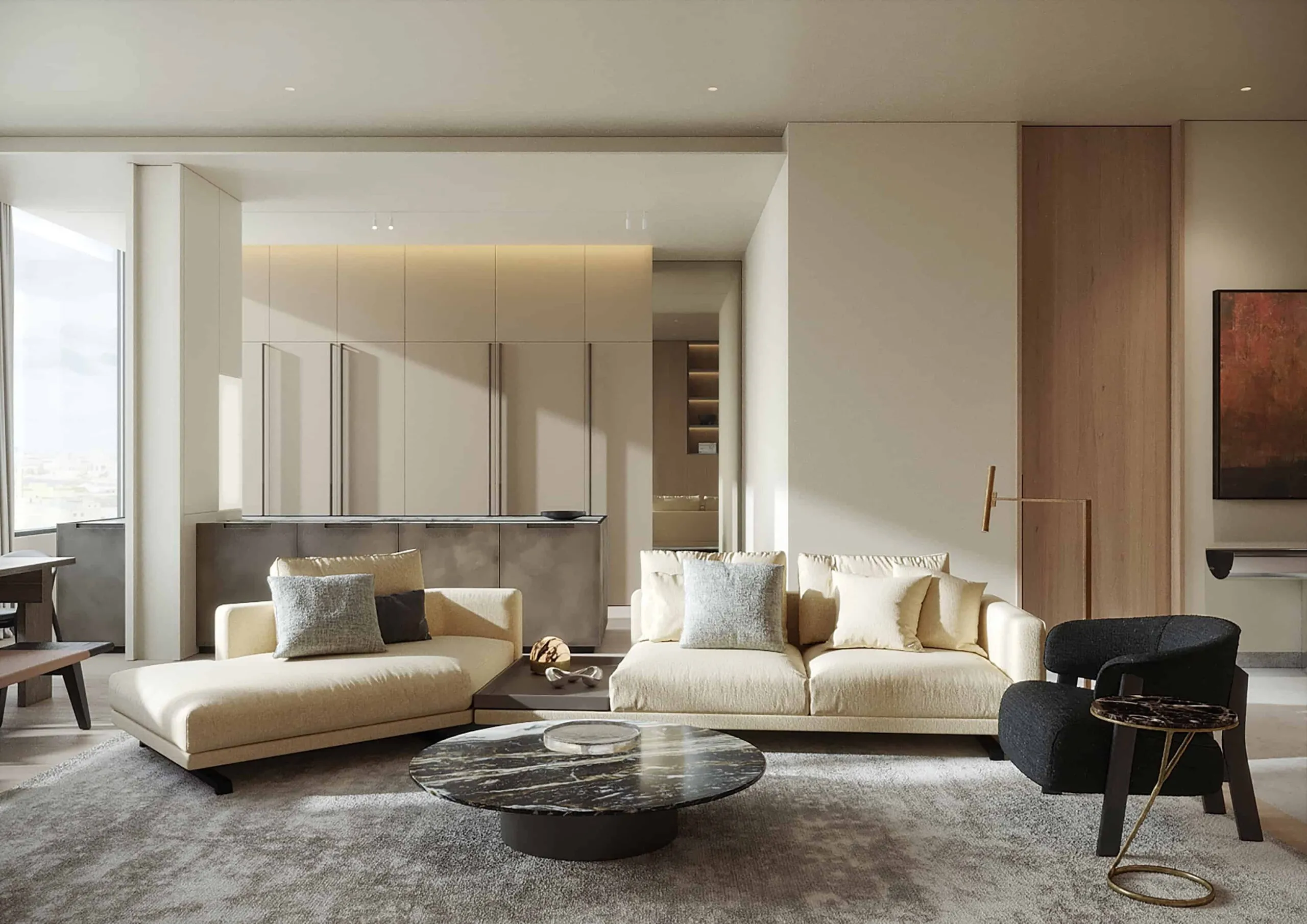 Two-Level Apartment in Moscow by Kerimov Architects: Exploring Warm Minimalism
Two-Level Apartment in Moscow by Kerimov Architects: Exploring Warm Minimalism